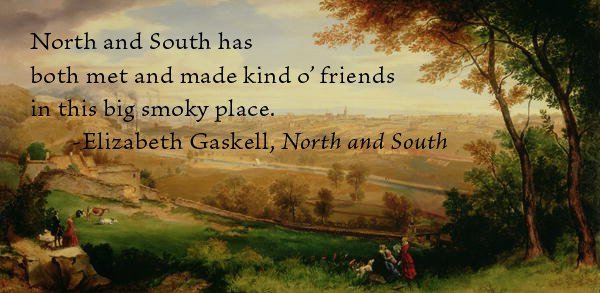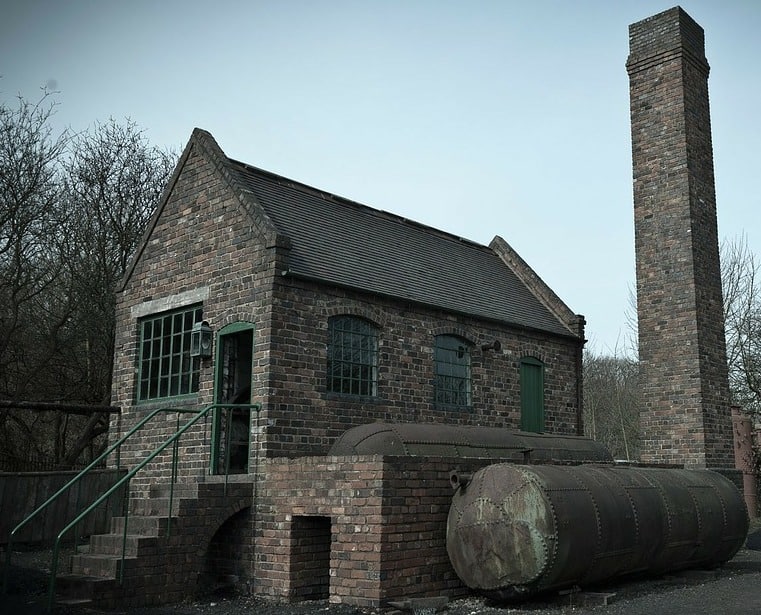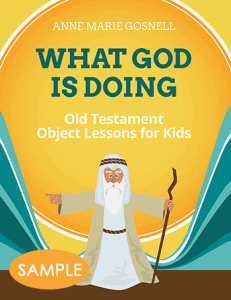Share with your friends!
I really hate saying goodbye. And saying hello to new places. Which is a shame since I grew up a missionary kid and have moved around a. lot.
There are all these bare walls, cardboard boxes, and unspoken rules that make no sense to you, though everyone else gets them.
Introvert’s nightmare.
I think that’s why North and South by Elizabeth Gaskell appeals to me so much. Gaskell really gets culture shock, which is one of my oldest companions.

About North and South
North and South was published in 1855 and the events in the novel center around industrial era tensions between mill workers and factory owners.
Even though the events are a class war between master and hands, the real tensions are a lot more timeless. Gaskell uses everything from language, to characterization, to landscape to create an intricately balanced world of contrasts.
Rich and poor. Warm and cold. Business and leisure. Proud and, er, proud.
When Margaret Hale moves with her parents from Helstone in the south of England to Milton in the North of England, it’s a bit like The Wizard of Oz in reverse. All the color is sucked out of the picture, taking the warm, green, sunny, peaceful, and proper south and replacing it with the dark, cold, grey, proud, and bold north. Raised by her aunt in London’s polite society, Helstone was Margaret’s idealized country home. To be ripped out of that and into such a strikingly contrasting place is very hurtful to the Hale family, emotionally and physically.
But after some time in the north, Margaret not only discourages a friend from moving to the south for work on the grounds that it would be too hard work for too little for him, she visits Helstone and is dismayed to find that while it is still warm, green, and beautiful, it no longer holds up to her ideal, but has its own ignorance and ugliness much like the North. She even finds herself missing Milton friends and wanting to hear the town spoken of.
Subtly, I feel Gaskell saying, “you don’t know what you’ve got ‘til it’s gone.” Culture shock tends to make us deify anything that came before as comfortable and good, often unrealistically and to the point of vilifying our present situation.
While Margaret grows to appreciate the industrial town, she still sees its downfalls. Gaskell writes knowledgeably about the sociopolitical factors surrounding the industrial north from her experience living in Manchester as the wife of a Unitarian minister.

This clash comes to a head during a strike that sets Margaret up as a kind of balancing point between the two sides first in ending a riot with a brave stand before an angry mob, and second by convincing Mr. Thornton, the central mill owner and Higgins the central laborer (of the story, not necessarily of the town) to talk and even, eventually, to become friends.
Man versus Woman
But deeper than the contrast of classes or landscapes is the clash of man versus woman.
The story, of course, crosses some really interesting gender issues, as stories in Gaskell’s day did. Margaret recognizes her peacemaking at the riot as the job of any woman. Her solid, unflinching responsibility in the face of so much tragedy, proves that she is stronger than popular thought made women out to be in those days, and yet, even as she steps up to take over business affairs left to her, becoming even stronger and more independent, she never stops being feminine, showing that the two are not mutually exclusive.
But Margaret’s personality clash with Mr. Thornton (Who I possibly like better than Mr. Darcy. No no, don’t gasp so loud. He’s really fantastic, you need to meet him.) shows not only what a strong, opinionated female character she is, but the idea that Pride and Prejudice made popular that strong feelings of dislike may hide a growing love and appreciation of another person. The dance the two make between dislike, love, disappointment, growing respect and mutual love is, I think I can safely say, one of my favorites in literature.
Religious Doubt? or Realistic Faith?
I’m also really drawn to the simple faith in North and South. Some of my research pulled up all kinds of facts about growing religious doubt in industrialized England reflected in the novel etc. etc. (not discounting this) but without that background as I was reading, I enjoyed peeking into Margaret’s spiritual life. For her, Christianity is not about form or rote religion, which I’ve seen in a lot of 19th Century literature. Instead, she cries out to God in moments of desperation, of which there are many, pleading for strength in sorrow and forgiveness when she comes to understand her own imperfections.
Margaret’s faith is especially important since she is plunged into the midst of the crisis of faith of almost everyone around her. Her brother Frederick converts to Catholicism, Higgins is nearly an atheist, and her own father, a minister in the church of England, makes the all important decision to leave the church as a dissenter for unrevealed reasons (the reason the Hales move to Milton). Though Mr. Hale promises that he still believes in God, some major break in ideology has forced him away from the church.
But one of the most beautiful moments to me is the moment when, after discussing religion for some time with Mr. Hale, Higgins agrees to stay for family prayers. He kneels with Hale and Margaret and they pray together, finding communion with God despite their differences in opinion. I think we can all learn something from this poignant moment.
Please join me in enjoying the work of Elizabeth Gaskell. While not quite as sarcastic as Jane Austen, she has a wonderful, witty insight into the issues of her day, and ours, and deals with heartbreaking situations with compassion and hope for a happy ending. Join me next time to hear about Wives and Daughters, another lovely Gaskell novel!
Resources:
Gender issues in North and South
Economic Thinking in North and South
North and South Study Guide and Lesson Plans
Helmshore Mills
***********************************************************











